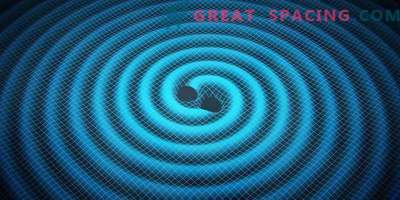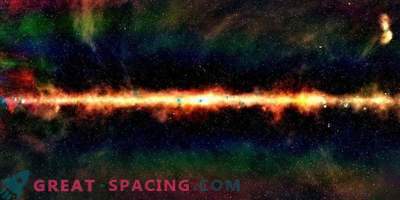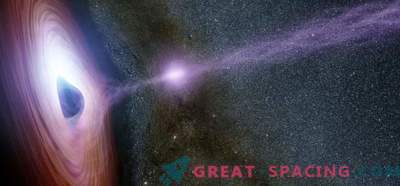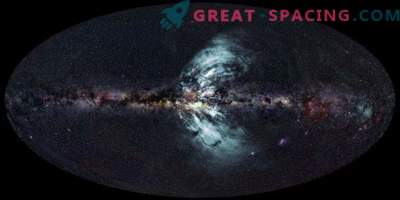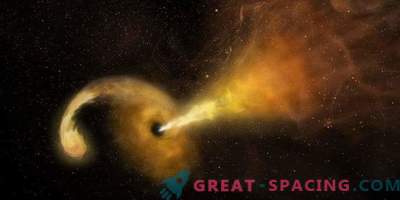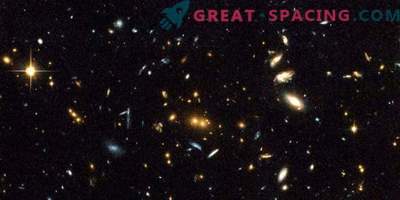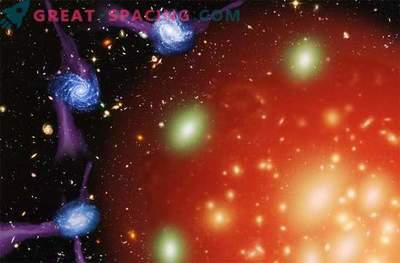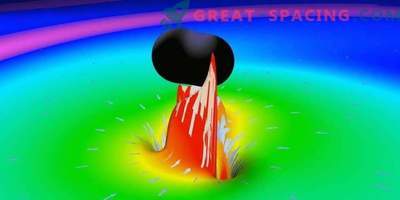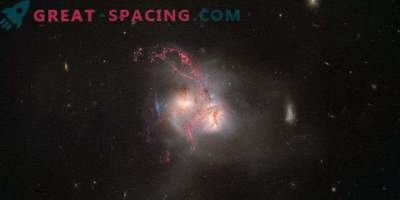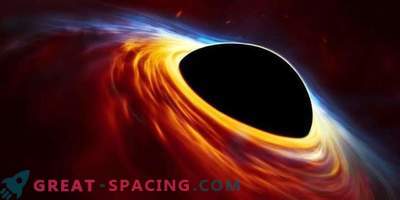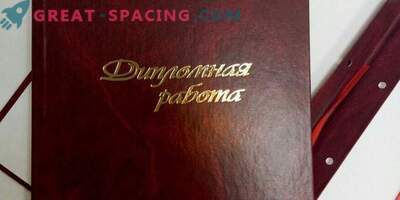
Astronomers managed to find hundreds of thousands of previously unknown galaxies. Such a huge amount of data will help to better understand the birth and growth of supermassive black holes, the evolution and merging of galactic clusters and other cosmic phenomena.
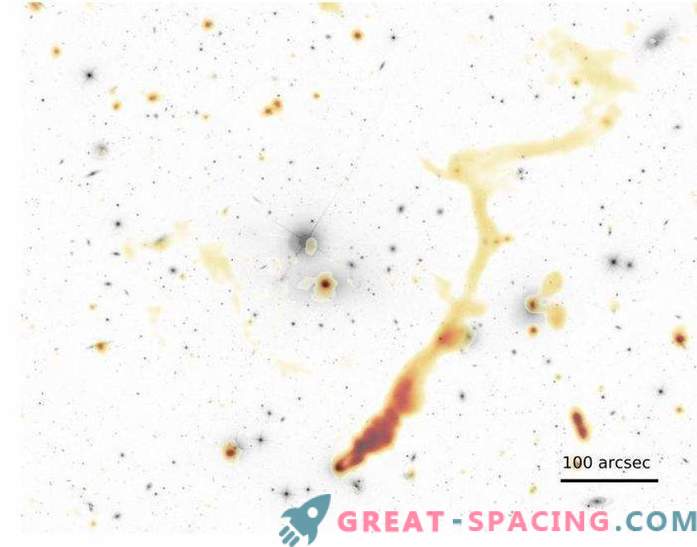
A new sky map based on information gathered by the LOFAR telescope network shows about 300,000 previously unknown galaxies in a distant universe.
The team includes more than 200 astronomers from 18 countries who studied the results of the first part of the sky survey from the LOFAR array, a network of radio telescopes operated by the Netherlands Institute of Radio Astronomy (ASTON).
The researchers were able to detect and map 300,000 radio sources, almost all of which are distant galaxies. The finds are dominated by fast moving jets of material emitted from supermassive black holes in galactic centers. Due to the high sensitivity of LOFAR, it is possible to consider active jets. So, the found black holes are still actively feeding. The finds also provide insight into the confluence of galactic clusters. These dramatic collisions disperse particles to enormous speeds, creating bands of radio emission capable of covering millions of light years.

Location of the radio telescopes that make up the LOFAR array
Observed findings suggest that in some cases clusters of galaxies that do not merge, are also able to show this radiation, although at a low level that has not previously been recorded. So, besides fusion, there are other phenomena that can cause particle acceleration on a large scale.
It is surprising that this is only the beginning, because the data obtained represent only 2% of the sky survey from LOFAR. Upon completion, it will turn out to display about 15 million space radio sources.

